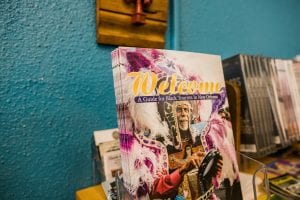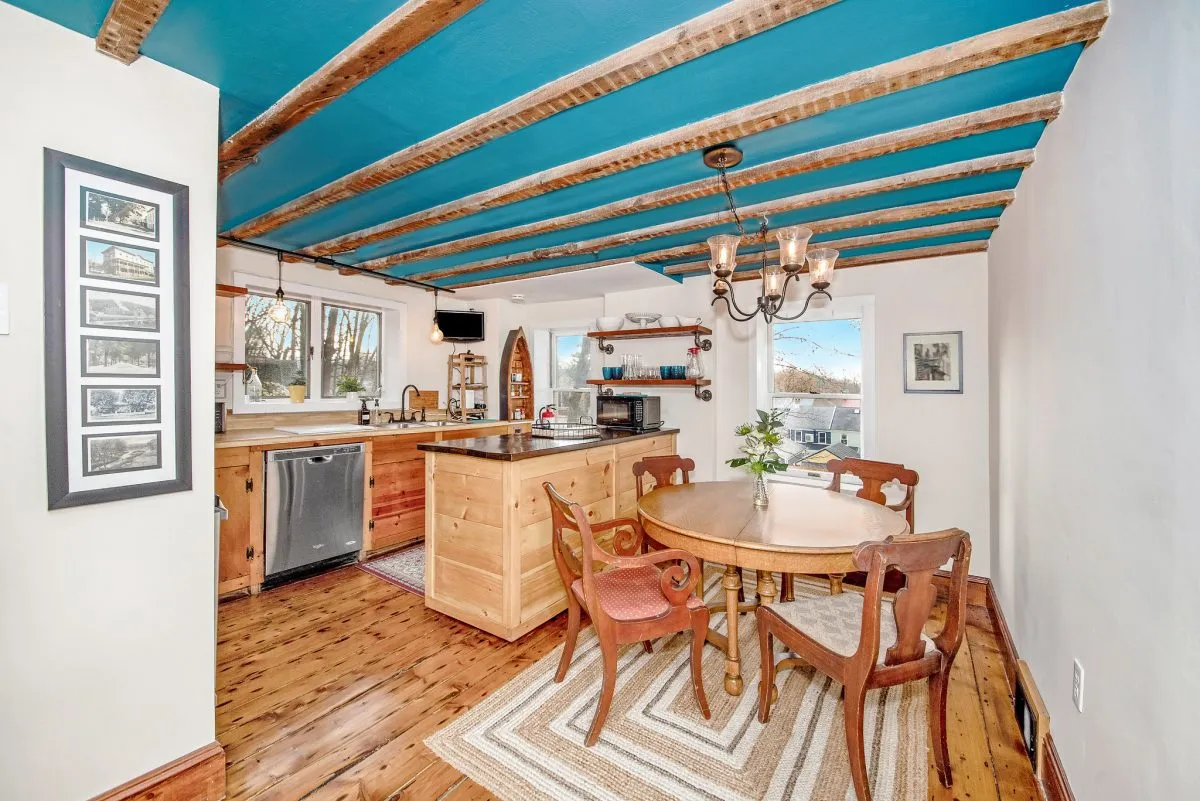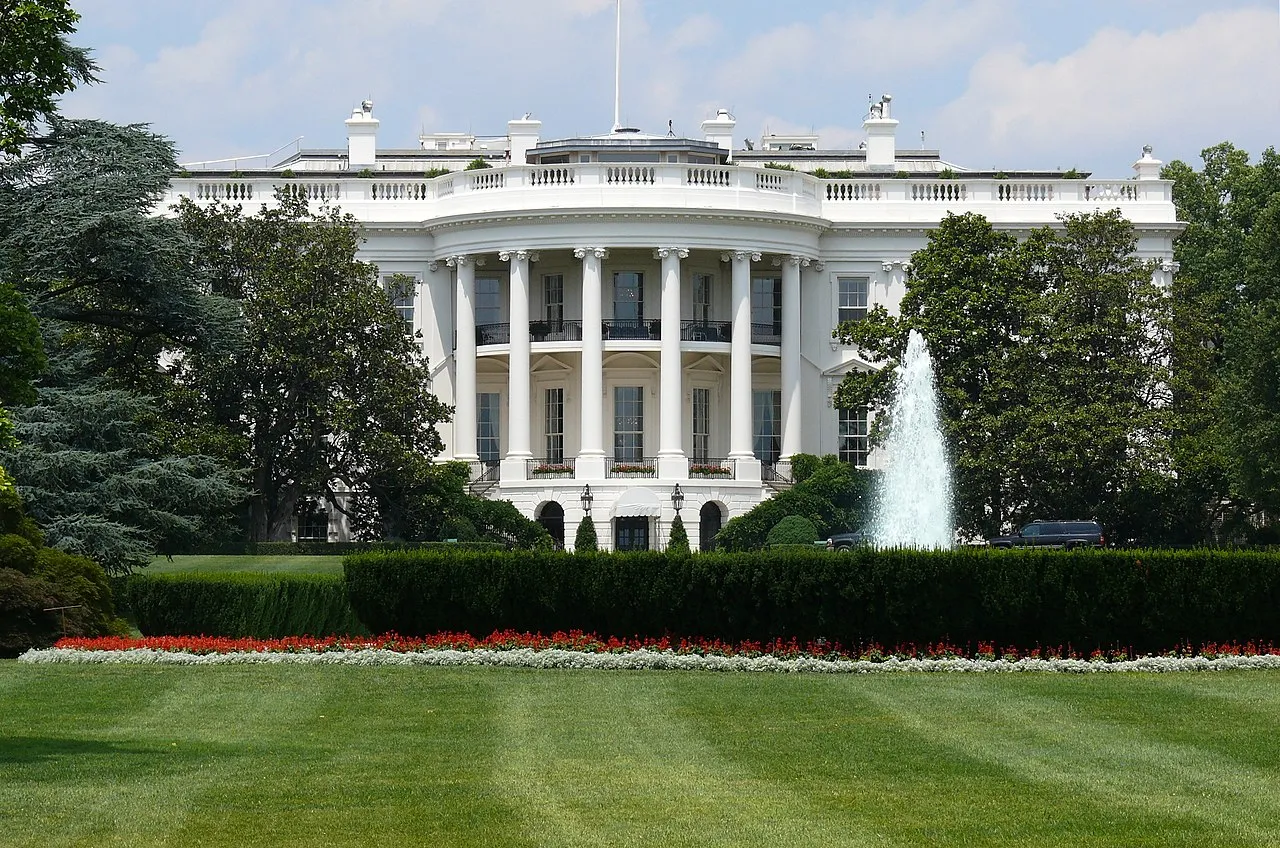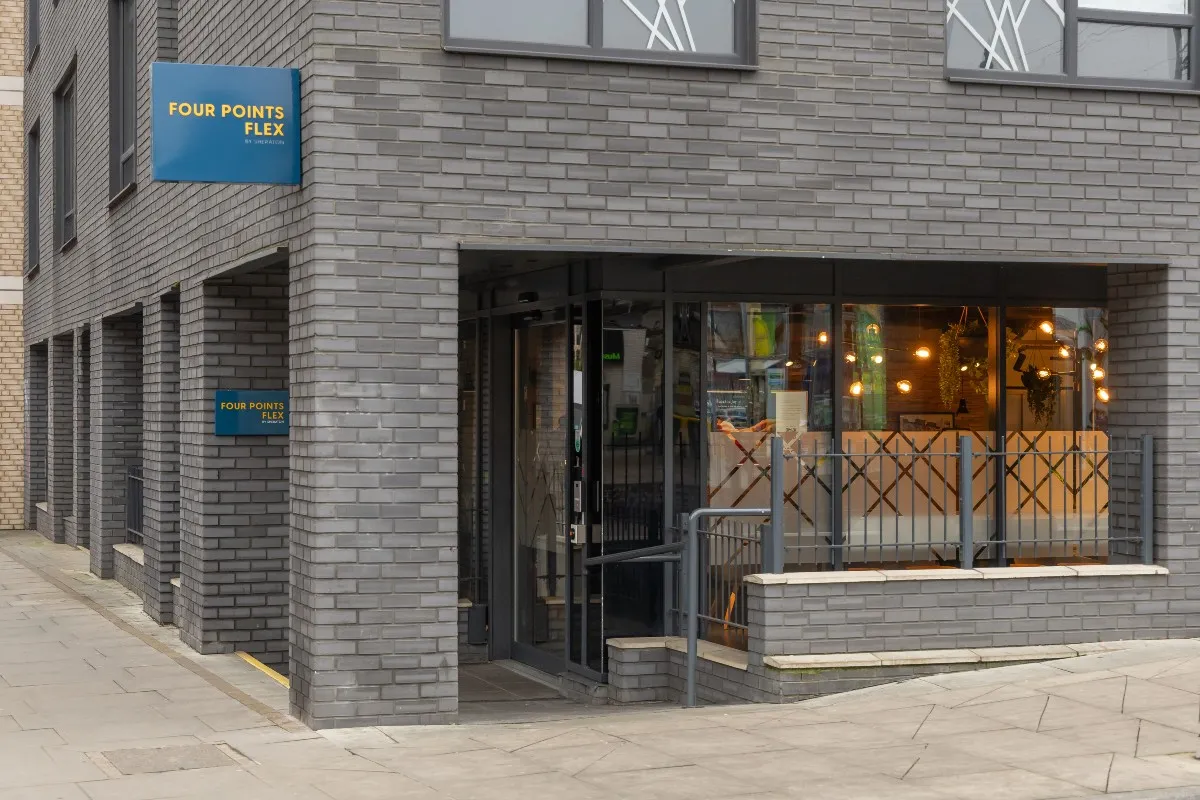New Orleans Tourism Agency Engages Minority Business Owners Who Demanded Inclusion
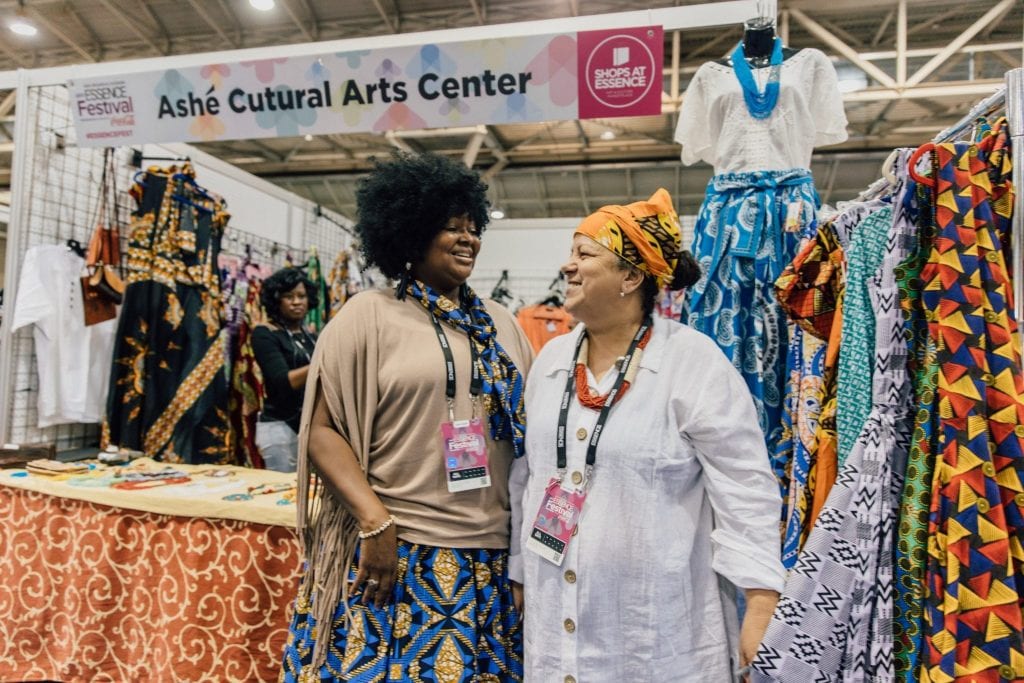
Skift Take
Minority business owners and hospitality workers in New Orleans recently demanded that the city’s tourism marketing corporation include them in their sustainability efforts. But in this case, “sustainable” refers not just to the environment, but to protecting the city’s local, multiracial culture.
In response, the New Orleans Tourism Marketing Corporation hired a diversity and inclusion consultant: Deborah Elam, a New Orleans native and founder and CEO of Corporate Playbook.
Executives at New Orleans’ tourism marketing corporation said they didn't realize their diversity and inclusion efforts were lacking for projects like photography, design work, or highlighting minority-owned businesses, according to the corporation’s president and CEO Mark Romig.
“I don't think we were intentional about making sure that we were giving opportunities and in communicating that we were going to be looking for talent,” said Romig. “We needed to not only educate ourselves, but organize ourselves around how we can better be a community partner.” Twenty-seven percent of metropolitan New Orleans businesses are minority-owned, according to a report by The Data Center, which also found that four out of 10 minority business owners do not feel equitably supported by the entrepreneurial ecosystem. Tourists contributed $8.7 billion to the economy in 2017, according to data collected by D.K. Shifflet & Associates.
Elam began her consulting by highlighting that money trickles down from the massive annual Essence Festival, which attracted 510,000 attendees to the city in 2018 — 70 percent of the companies she surveyed said that their business surrounding the 2018 festival was better or significantly better than 2017.
“You want to ensure that all areas of the population, particularly the ethnically diverse small business population, can benefit from the economic engine,” said Elam. “That's why we’re ensuring that we've got programs, practices, and linkages in place, so that black-owned businesses, small businesses, can engage just like other larger businesses that may have scale and a lot more resources.”
The tourism marketing corporation also sponsored Black Restaurant Week to boost awareness of the event, and partnered with McKenna Publishing, a black-owned business, to print and distribute a directory of black-owned establishments. Alexis Ruiz, owner of the restaurant The Munch Factory, was featured in the directory and appreciated this proactive, intentional spending. “The ripple effect from the directories was alive and real. Our visitors really wanted to feel more inclusion of what the city is like, and we gave that to them,” said Ruiz.
A new private Facebook group is designed to serve as a support network among minority business owners. Workshops will be held on social media, public relations, search engine optimization, and planning for spikes in business during the high season.
The tourism marketing corporation will also fund promotion of the city’s health care center network, 504HealthNet, for hospitality workers including bartenders, waitstaff, and other non-salaried employees. “There are so many people who work in our industry who don't know that this is available,” said Romig. “We’re basically building a concierge type of program so that hospitality workers can call or text a number, or go on an app, and get this information so that they could get to a clinic.”
“We felt like there was an opportunity here for us to really lead the way and show how it can be done, and be done more equitably,” said Romig.
